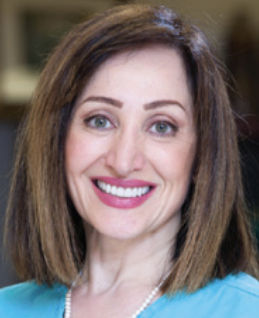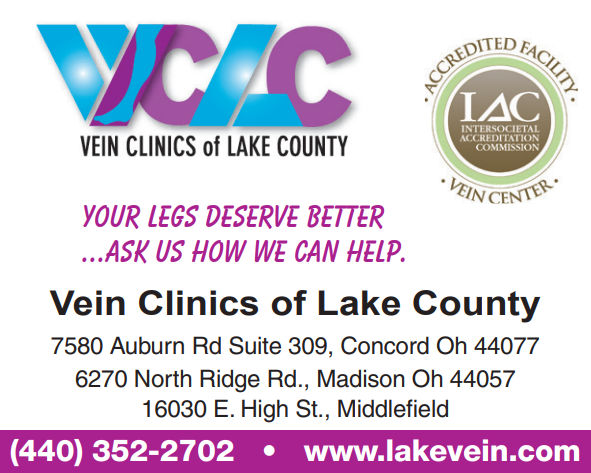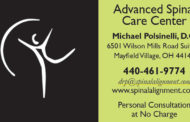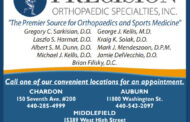
Dr. Razieh Mohseni is a Diplomat of the American Board of Vein and Lymphatic Medicine (ABVLM) and is an Active Member of the American College of Phlebology (ACP) since 2011.
She is certified as a Registered Physician in Vascular Interpretation (RPVI), as a Registered Vascular Technologist (RVT), and as a Certified Wound Specialist Physician(CWSP).
Dr. Mohseni received her Medical Degree from the University of Florence, Italy. She has been practicing in USA as Primary Care, and Internist since 1996 and as a Vein and Wound Specialist since 2012.
Dr. Mohseni is one of the few physicians in the country to hold all of these credentials.
Helping your legs has never been easier.
Get started NOW. Look and feel good for summer!
Did you know that most common leg problems are related to vein disease? Namely: swelling, aching and pain, leg tiredness and heaviness, progressive leg skin discoloration and recurrent ulcers.
And the list goes on and on….
There are several reasons for your legs to be in trouble. Varicose Veins do not need to be one of them. 5 major reasons why:
1. Varicose veins are one of the most common causes why your legs ache, hurt, or swell up.
2. Varicose veins are highly and rather easily treatable with great results.
3. If you ignore varicose veins, they get worse and you will be in even more trouble with your legs.
4. Finding out if you have them, is easy and safe and you may be saving yourself a lot of trouble by finding out sooner rather than later.
5. The longer you wait to treat varicose veins, the more treatment you will need.
So do your legs a big favor: find out if you have varicose veins before they get any worse.
Why are varicose veins so common?
Because they are often hereditary. If one parent or grandparent had them, you have a high chance of getting them too.
If I don’t have any major symptoms, why can’t I wait and see a doctor when and if I develop more symptoms?
Because varicose veins are going to get progressively worse over time. By the time you have major symptoms such as swelling and discoloration, the treatment may help only partially as some of the damage is already done to your legs.
How do I find out if I have varicose veins?
A thorough ultrasound (very easy, painless and safe) in the office will determine whether you have them, and if you do, how bad they are. Based on the results your doctor will determine the best treatment options, timing of your treatments etc.
What is the latest treatment for varicose veins?
The larger varicose veins are often treated by laser or radiofrequency. These are done by the vein specialist physician in the office, under local anesthetics with no downtime. Some of the residual varicose veins may be treated with sclerotherapy which involves basically a few simple injections.
Treatments could be FREE if you have insurance.
Give us a call, 440-352-2702 and let’s talk.
























